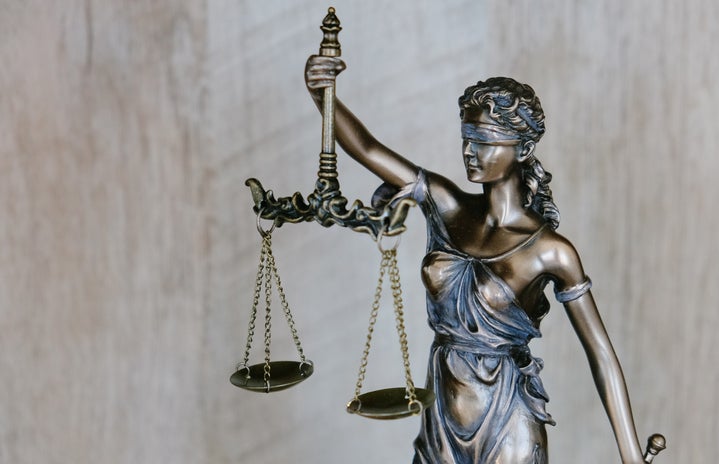In celebration of National Women’s Month, editors and leaders of HerCampus SBU asked our team “Who’s a female-identifying individual that inspires you?” To no surprise, as a female journalist, I responded with Ida B. Wells.
As an inspiration to many females in the field, Wells embodies the qualities every journalist dreams of having. Courage. Determination. Passion.
If you aren’t versed on the excellence and innovation Wells produced, no worries, I’m here to offer a tribute and a history lesson.
Wells was a pioneer. A woman before her time, some like to say. A woman who was uncompromising in her fight for racial and gender justice. A woman who investigated the truth, pursued justice and preserved hope.
Born into slavery in 1862, Wells became a prominent journalist, activist and researcher in the late 19th and early 20th centuries. She battled sexism, racism, and violence with a pen and publication.
In her lifetime, she was infamous, unliked and denounced. But now, we know her as an iconic journalist who fought for civil liberties across the nation.
Her niche was risking her life to investigate and expose the lynching of Black men. A disgrace close to her heart as one of her closest friends suffered at the hands of a white mob and was murder by lynching.
Although her role as an investigative journalism trailblazer is often under-recognized, Wells did exhaustive research and conducted in-person interviews to document her work, “a process that laid the groundwork for modern investigative techniques,” according to the Poynter Institute.
In her fight for justice, Wells confronted white women in the suffrage movement who ignored lynching. Because of her stance, she was often ridiculed and ostracized by women’s suffrage organizations in the United States. Nevertheless, Wells remained active in the women’s rights movement.
She founded the National Association of Colored Women’s Club which was created to address issues dealing with civil rights and women’s suffrage. Although she was in Niagara Falls for the founding of the National Association for the Advancement of Colored People (NAACP), her name is not mentioned as an official founder. Late in her career Wells focused on urban reform in the growing city of Chicago.
She died on March 25, 1931.
Wells impact on civil rights, feminism and investigative journalism is astonishing. She is an icon, a symbol and a representation of a true journalist. And because of her contributions, she will be my forever inspiration.
*Dates, timeline and historical facts are extracted from Ms. Magazine*


